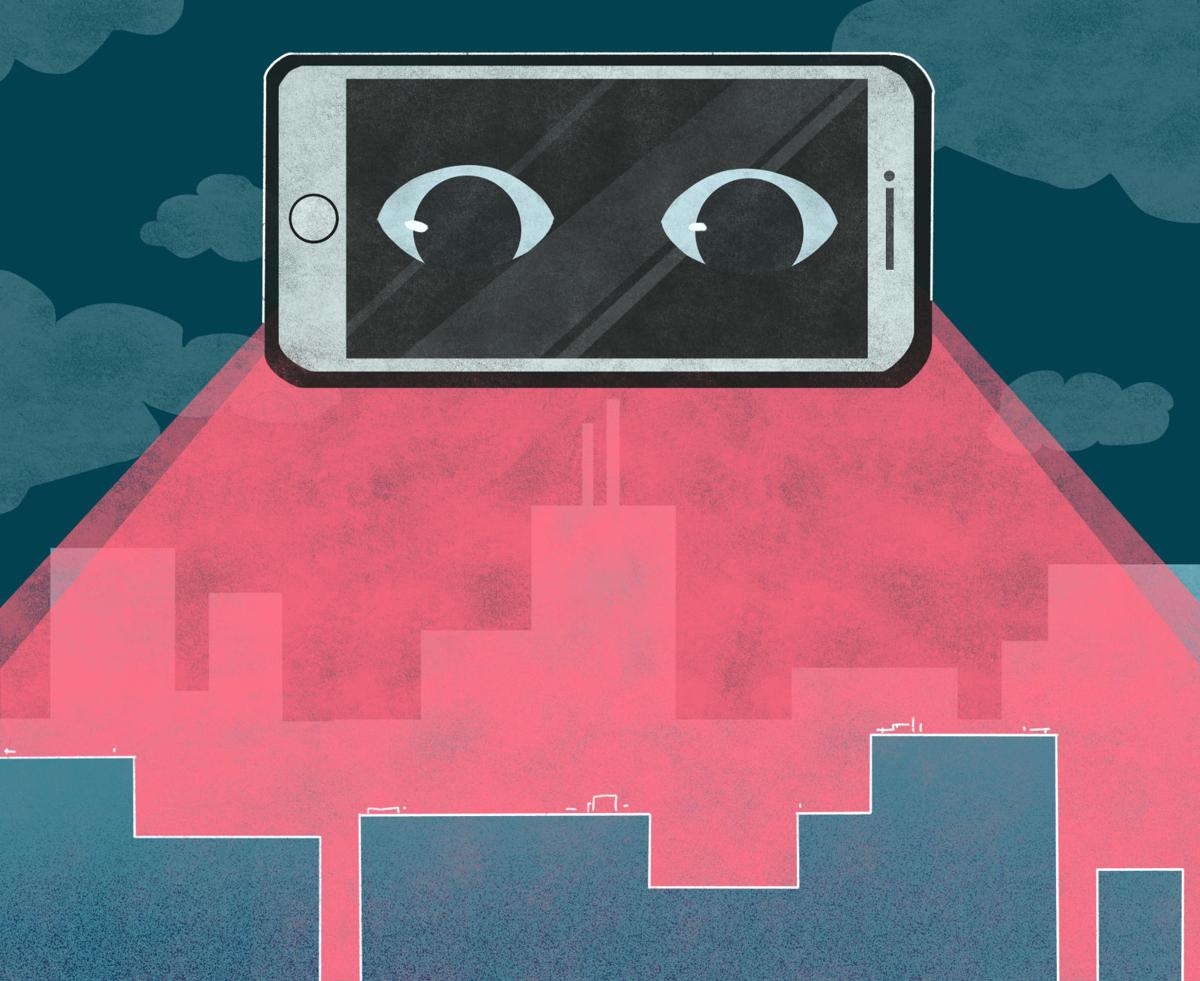EDITORIAL: CPD must fix its spying by increasing transparency
March 9, 2019

The Chicago Police Department has been monitoring the social media accounts of Chicagoans for five years beginning in 2014, according to documents released Feb. 27 by the department after a lawsuit, according to television station WTTW.
The city has spent nearly $1.5 million on software which “determines networks of association, centers of influence and potential signs of radicalization” on social media, according to WTTW. CPD has pointed out its actions are legal, but critics, including the American Civil Liberties Union, argue that mass surveillance on citizens without explicit clarity is unethical.
The software allows police to see what the ACLU describes as a “detailed picture of people and groups.” It allows the police to know when protests may occur and what political affiliations people have. The information being accessed is public, so the CPD’s actions are legal, but that does not make its actions inherently ethical.
It is definitely possible technology like this could help prevent crimes, or at least help piece things together after a crime has been committed. A lot of criminal activity is happening on the internet now, and being able to monitor social media accounts could help the police stop drug dealers or sexual predators. Social media posts became a significant part of the investigation after 2018’s Tree of Life synagogue shooting, ultimately helping police put together a full picture of the suspect.
However, if this technology is in the hands of a corrupt police force, it could be dangerous. Since CPD’s relationship with the city residents, especially those in black communities, has been shaky at best for many years, there needs to be accountability if the police are going to possess technology like this. Collecting information based on political affiliations could be a good thing if it leads to rounding up threatening neo-Nazis, but it could also be very dangerous if it results in the targeting of nonviolent Black Lives Matter protesters. The fact that the police kept records of the surveillance private shows a pressing lack of transparency by the department, and it needs to rectify that before all trust is lost.
We still do not know what information is being collected or what it is being used for. In order to increase safety, there needs to be trust between the police and the community they have been tasked with serving. Keeping secrets about official proceedings hidden behind red tape, locked doors and lawsuits help foster mistrust of the police. The rules and regulations on this technology must be strict, well-enforced and, most importantly, easily accessible to the public. Communities deserve to know they are being watched.







